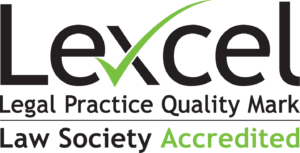Category: Press releases, Charities / not-for-profit, Commercial
The Charities Act 2011 has introduced a new form of legal entity, known as a charitable incorporated organisation (CIO),which may prove attractive to a number of charities.
CIOs have the advantage of helping to limit the liability of trustees (which is unlimited in relation to a trust), though there are certain areas, for example health and safety and trading while insolvent, where it is not possible to exclude personal liability.
As a CIO has its own legal identity, it will be able to enter into contracts and hold property in its own name.This means that documents to record assignments of such property or contracts will not have to be prepared every time there is a change of trustee.
CIOs only need to be registered at the Charity Commission. Unlike companies limited by guarantee, which also have to be registered at Companies House, there is only one registration process which needs to be followed. There are also no ongoing filing requirements with Companies House. This means trustees of CIOs will not be faced with the administrative burden, or, more importantly, the costs of complying with these additional requirements. However, they will still have to file annual returns and accounts with the Charity Commission.
CIOs are unable to grant debentures over their property and assets because, unlike Companies House, the Charity Commission does not operate a charges register. Therefore it is unlikely that they would be able to borrow large sums of money. However, CIOs which own land will able to register charges against such land at the Land Registry.
CIOs are currently only available to new charities and existing unincorporated charities. Further legislationis required to enable existing charities, which are incorporated, to convert to a CIO and this is not envisaged to be in place before 2014.
Disclaimer: All legal information is correct at the time of publication but please be aware that laws may change over time. This article contains general legal information but should not be relied upon as legal advice. Please seek professional legal advice about your specific situation - contact us; we’d be delighted to help.











